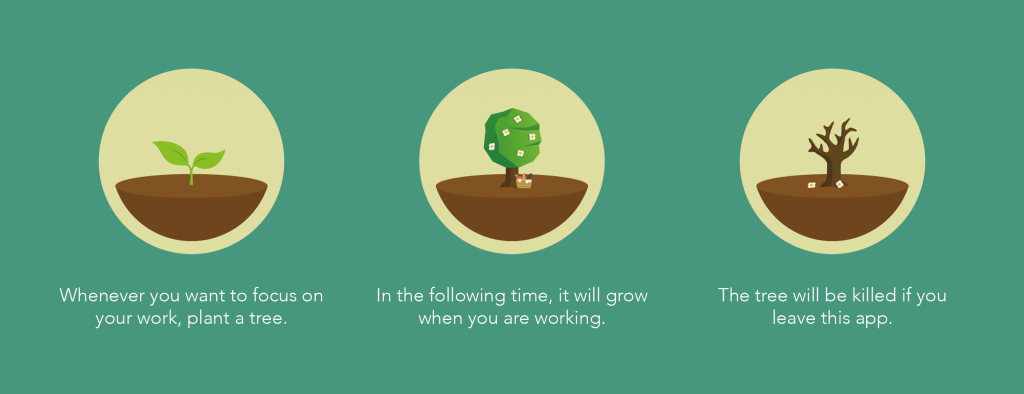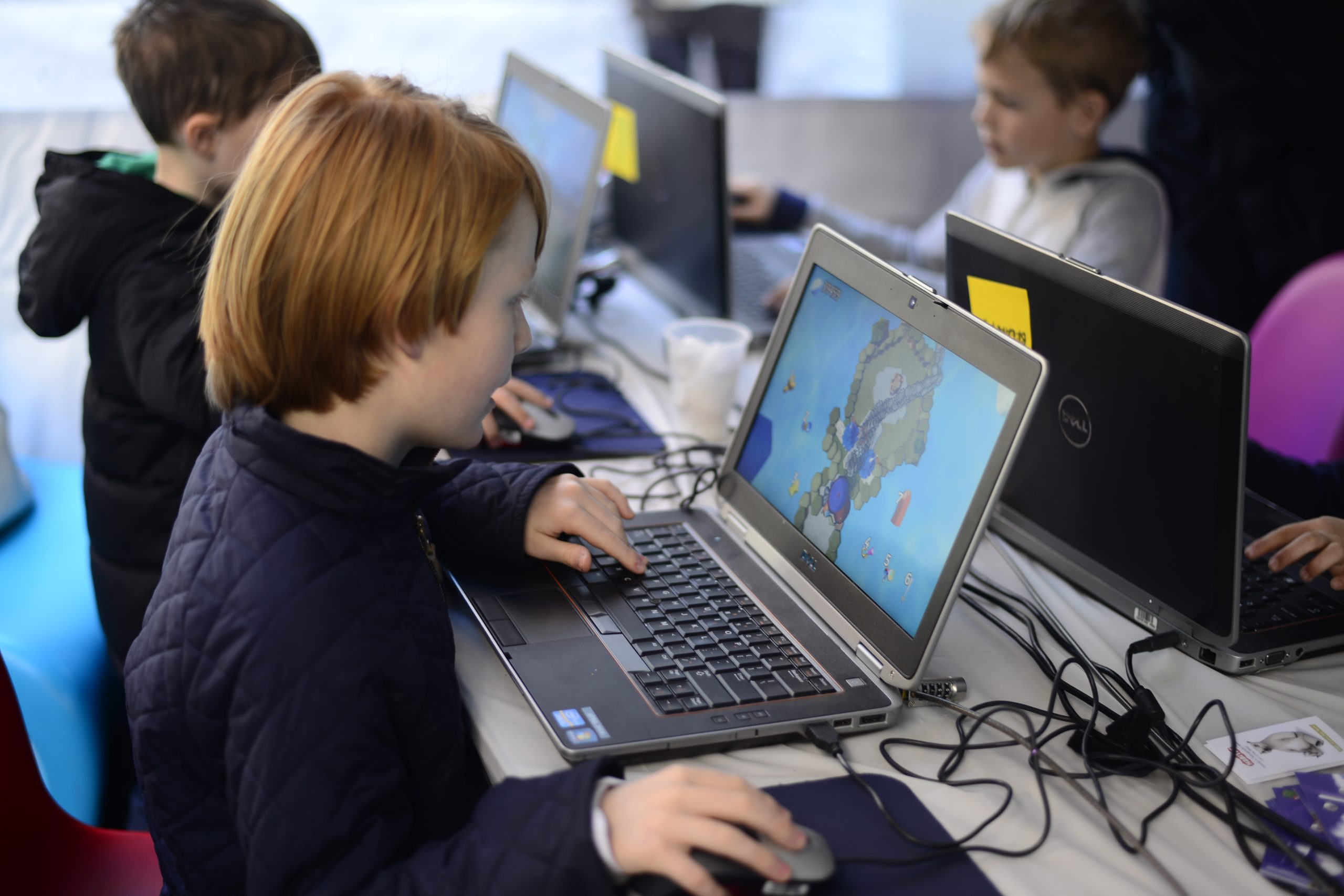My kids and I recently downloaded a game for all three of our smartphones. Ever since, competition in the house has been fierce. The game is called Forest and the premise is simple. You plant trees to grow a forest. But trees only grow when Forest is the only app running. If you switch to another game, reply to a text, or check social media, the tree dies.

Choose a seed, set the timer, and wait. Longer sessions grow bigger trees. The more often you play the more trees you plant. Each tree also comes with coins that you can spend to unlock new kinds of plants. My youngest is trying to build a mushroom forest. I’m going for diversity. It’s all a competition to see who can make the coolest, biggest, most awesome forest.
The app sells itself as a way to beat procrastination. Ironically, it’s positioned in opposition to screen time. “Be Present. Put down your phone and focus on what’s more important in your life,” the website says. When I first mentioned it to my kids, they told me they weren’t interested.
Can you blame them? These days, children’s greatest source of shame is the touchscreen. They are constantly berated for spending too much time with games and gadgets. Adults send them crazy mixed messages. We buy them devices. Then, we complain that they use them too much. They see us engaged with our smartphones and laptops constantly. But when they do the same, eventually we always scold them. How are they to reconcile constant anti-screen rhetoric with the fact that parents model always-on connection as the epitome of hard work?
Moreover, have you ever thought about what it must be like for kids to hear us describe their playtime using the same language we use to describe cigarette, drug, and alcohol abuse? They must wonder why grownups would give them toys that are so unhealthy, toys that we consider to be addictive.
Of course, there’s still no good research that shows screen addiction is a real thing. Sierra Filluci put it nicely in a post she recently wrote for Common Sense Media: “Certainly, studies show that kids feel addicted, but whether many are experiencing the symptoms of true addiction—interference with daily life, needing more to achieve the same feeling—is still up for debate.”
Nevertheless, I hear parents say, “my kid is addicted,” all the time. Perhaps it’s because grownups feel guilty that we don’t spend enough time with our kids and therefore, we take out our shame on the devices that do. C’mon, admit it! Deep down, we all know that the anti-screen rhetoric has always been much more about grown-up’s insecurity than about children’s wellbeing. And sadly, this is precisely the kind of thing that cultivates a lifetime of stress and anxiety for your children. Mine too. I’m certainly not the perfect dad.
That’s why I wasn’t surprised that my boys resisted playing a game that claims to be about avoiding screen time. Forest App likely sounded stressful to them. “Doesn’t it just turn off all of your notifications?” My oldest asked, “I’m not doing that.” But ultimately, they were both excited about the prospect of playing with me. So, they agreed. Even in a world where technology seems to be changing things in enormous ways, kids are still kids. They will always crave their parents’ attention.
We downloaded the app, and it was immediately clear to me that this is a perfect game for families to play together, but not because it promotes less screen time. If you’ve read my stuff, you know that I’m a big fan of family screen time—of any activity that helps grownups teach kids how to think about the world in which they live. Forest App does just that: it makes my kids be mindful about when they are using their phones and when they’re not.
“I’m going to set it for a 30-minute tree while we eat dinner.”
“How about 10 minutes while I shower?”
The game probably won’t change any of my kids’ habits, but that’s not the point. I like it because it makes them consider the habits they’ve already formed. I support anything that encourages people to give thought to the things that they’re doing. And these days, most of what we do, most of our interactions with the world—social, commercial, informational, political—are mediated through software, apps, and games.
Smartphones and tablets make it so that even what feels like a simple communication is now a subtle engagement with media and/or entertainment. And today’s children (as well as many adults) rarely have enough objective distance from their gadgets to recognize that their experiences are produced and designed like a video game. Are your children cognizant of the user-interface decisions that have been made by engineers, entrepreneurs, and powerful corporations? Do they realize that Facebook, Snapchat, Twitter, Gmail, Photoshop, and even Microsoft Office all bake their for-profit agendas into every swipe, tap, and click? Probably not. But they should.
For better or worse, our devices demand ritualized engagement. They encourage us to think in certain ways. Yet few children receive any adult mentorship that teaches them not to surrender, blindly, to prescribed digital actions. Few get the support they need to cultivate some level of critical media literacy for the 21st century.
Kids shouldn’t feel guilty about interacting with the tools that will continue to shape their lives, but they do need to develop a perspective that helps them make informed and thoughtful choices about how to contribute to the hybrid virtual/tangible world in which they live. It requires a level of awareness that Forest App seems to be encouraging.



